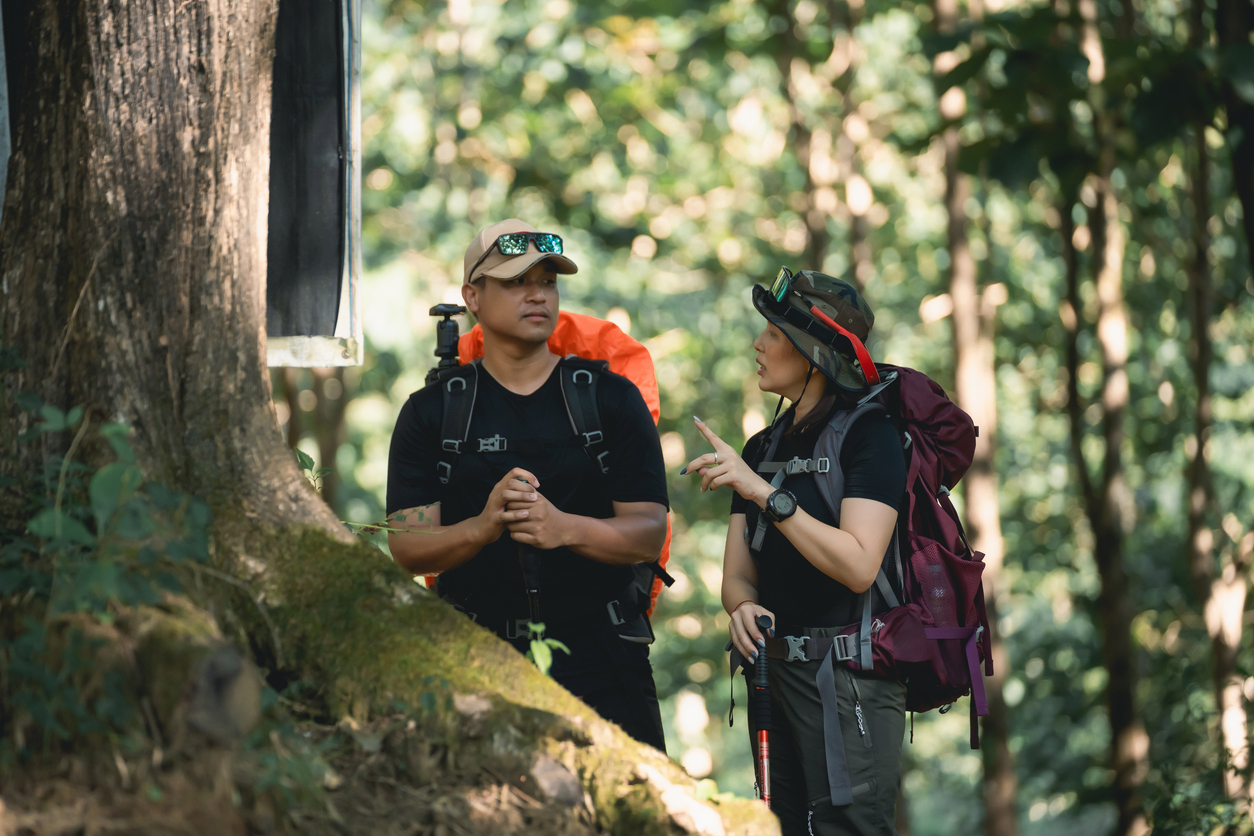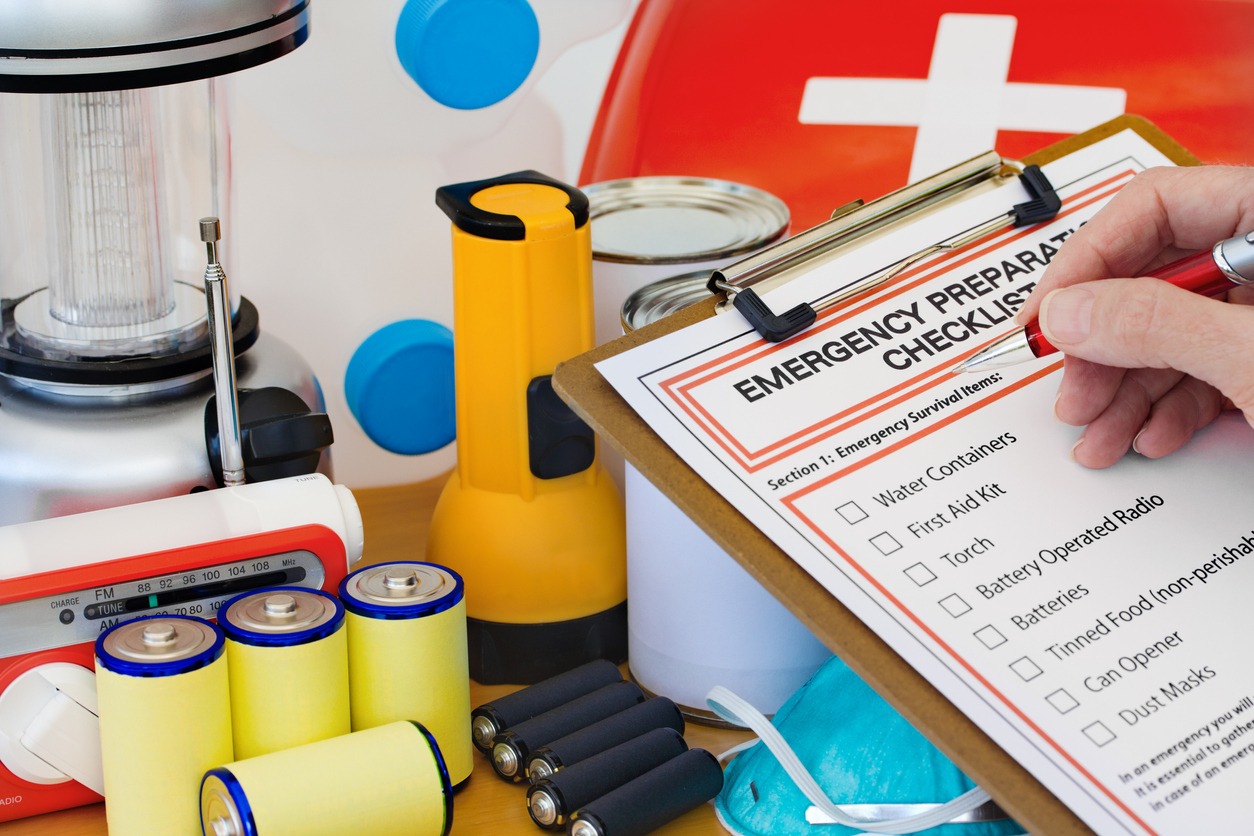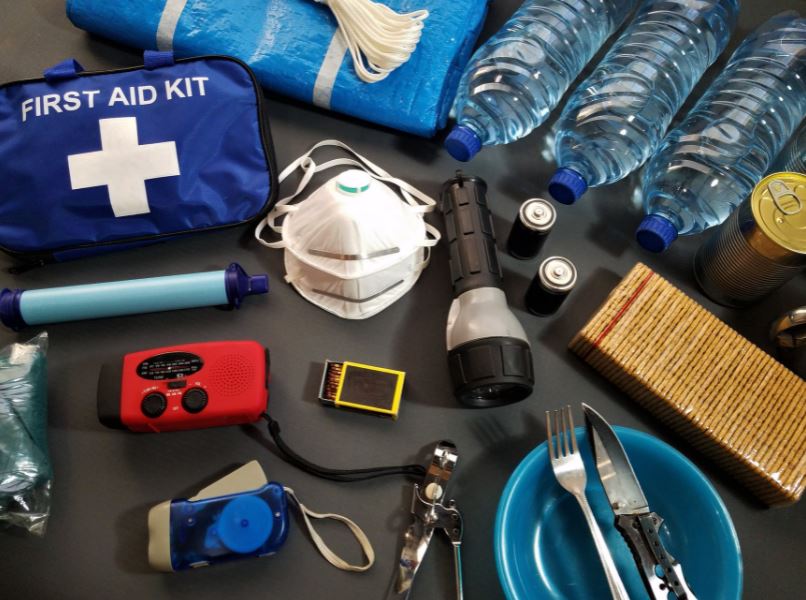Austin’s Urban Prepping Scene: Where to Learn and Train

You've likely noticed Austin's growing preparedness community, but finding the right training resources can feel overwhelming. Whether you're concerned about extreme weather events or simply want to build self-reliance skills, our city offers numerous options to develop practical survival capabilities.
From neighborhood meetups to specialized workshops on food security and urban survival, Austin's prepping scene provides both knowledge and community connections for whatever challenges might lie ahead.
Finding Your Prepper Tribe: Local Meetups and Groups
While prepping alone can be effective, connecting with like-minded individuals amplifies your preparedness strategy and provides crucial community support. Austin offers several avenues to connect with fellow preppers, including multiple local Meetup communities and interest groups that host activities ranging from casual socials to structured workshops and gear demonstrations.
When securing your online presence, explore platforms like Facebook for local Austin groups, or explore more private communities on Discord and PrepperNet. Before committing, focus on vetting group leaders by attending Hill Country Preppers’ monthly meetings, which emphasize practical self-reliance rather than apocalyptic scenarios.
The most valuable groups prioritize knowledge-sharing on urban survival, food storage, and disaster response over commercial interests. Look for communities led by members with military or emergency services backgrounds for authentic preparedness training. These communities provide strength in numbers and shared resources that significantly improve your chances of navigating a disaster situation.
Hands-On Urban Survival Skills at Austin Volunteer Centers
View this post on Instagram
Food security stands as a cornerstone of urban preparedness, and Austin’s community kitchens offer practical training opportunities beyond traditional survival skills. You’ll find hands-on experience at Caritas of Austin’s Community Kitchen, where weekday lunch programs provide real-world food preparation and service training. The Central Texas Food Bank welcomes volunteers for Community Kitchen shifts, exposing you to large-scale cooking and food safety practices—valuable skills in emergency situations. Good Work Austin’s Community Kitchen has distributed over 2 million meals since 2020, illustrating how local networks mobilize during crises. These programs not only build resume-worthy skills in food handling, nutrition, and nonprofit operations but also connect you to Austin’s broader urban resilience network while serving immediate community needs. The intersection of environmental stewardship and disaster readiness creates a powerful approach to urban preparedness that many Austin preppers overlook. By protecting natural resources like wetlands and urban tree canopies, you're actually building resilience against floods and extreme heat events. Austin offers community-based workshops where you can learn water conservation and native-plant gardening that double as prepper strategies. The most effective initiatives leverage collaboration between environmental organizations, emergency services, and community groups for practical results. Local preparedness planning increasingly integrates environmental data and real-time monitoring to predict impacts and coordinate adaptive responses. And importantly, research shows that every $1 invested in hazard mitigation saves about $6 in future disaster costs on average (with some measures saving even more), reinforcing the value of resilience-focused actions. While face-to-face interactions remain invaluable for building preparedness networks, Austin’s digital prepping communities offer unique advantages for connecting with like-minded individuals regardless of schedule or location. Meetup.com hosts Austin-focused groups like “Landbound Adventures ATX,” where members share urban and wilderness skills and plan regular activities. For ongoing engagement, join PrepperNet forums or Austin-specific Facebook groups focused on food storage and water security. Discord servers provide real-time communication during emergencies—just maintain digital privacy when discussing personal preparations. CERT program pages and city channels bridge online coordination with in-person training opportunities. When participating in digital spaces, practice online safety—limit sharing your exact location or detailed inventories that could compromise security. Every Austin resident can benefit from neighborhood-based preparedness, but this approach is especially vital in vulnerable communities. The City is expanding an Austin Resilience Network, evolving from a pilot of resilience hubs to connect community spaces, resources, and training across the city—often using trusted locations like recreation centers and schools to support residents during crises. You’ll find hubs and partner sites designed to offer backup power, shelter, and essential supplies during emergencies, with planning informed by dozens of partner organizations. The system relies on community partnerships to build trust between residents and emergency services, creating stronger communication networks when traditional systems fail. Rather than focusing solely on individual preparedness, joining these neighborhood networks helps address systemic inequities that affect disaster recovery, particularly in communities with limited infrastructure and resources for self-sufficiency. Five distinct training pathways exist for Austin residents looking to develop emergency preparedness skills without leaving the city. You’ll find free Ready Together classes through Austin’s Office of Homeland Security & Emergency Management, covering essentials from making plans to knowing your neighbors. CERT Basic courses have also launched locally, offering hands-on training in fire safety, light search and rescue, and disaster medical operations. For nature-based skills, Earth Native Wilderness School offers programs—including a popular Bushcraft Survival Camp for youth—teaching practical foraging and outdoors competence at Austin-area locations. Texas Survival School provides tiered courses in fire starting, shelter building, and navigation. Need specialized training? KR Training supplements urban preparedness with self-defense skills. Most programs welcome a wide range of ages, making family participation possible without extensive travel or prior experience. Building your own urban prepping curriculum in Austin requires strategic planning rather than random skill acquisition. Start by evaluating Austin-specific threats and prioritize skills accordingly, with water scarcity mitigation as a critical focus given regional drought patterns. Structure your learning path to include essential survival skills first: first aid certification, water purification techniques, and fire starting. Then progress to urban-specific skills like apartment security, transportation contingencies, and stealth storage solutions for limited spaces. Become familiar with 72-hour kits that include essentials to sustain you during an emergency evacuation. Balance your curriculum between tactical knowledge (situational awareness, self-defense) and resource management (urban gardening, food preservation). Don’t overlook communication planning and community coordination—crucial elements in dense urban environments. Finally, practice regularly in everyday settings and adapt your curriculum as you discover your strengths and weaknesses in different emergency scenarios.Food Security Training Through Community Kitchens
Environmental Stewardship as Disaster Preparedness
Digital Communities for Austin Preppers
Building Resilience Through Neighborhood Networks
Cross-Training Opportunities in Everyday Austin Venues
Creating Your Own Urban Prepping Curriculum




